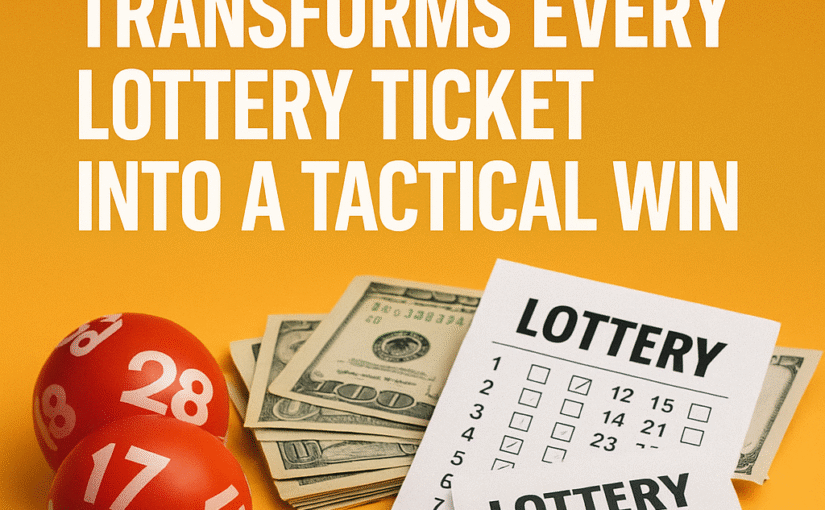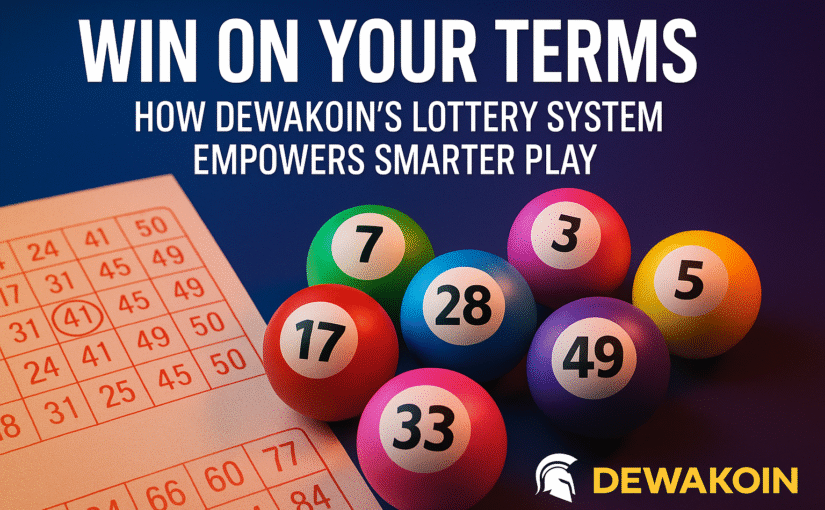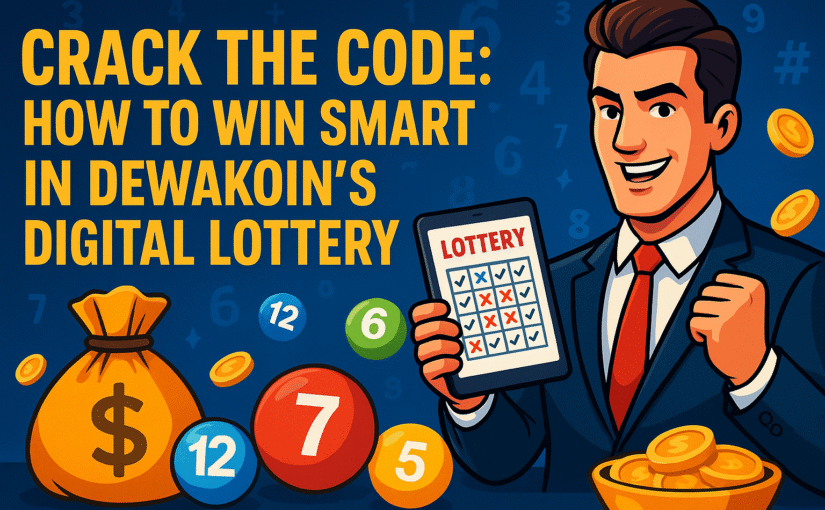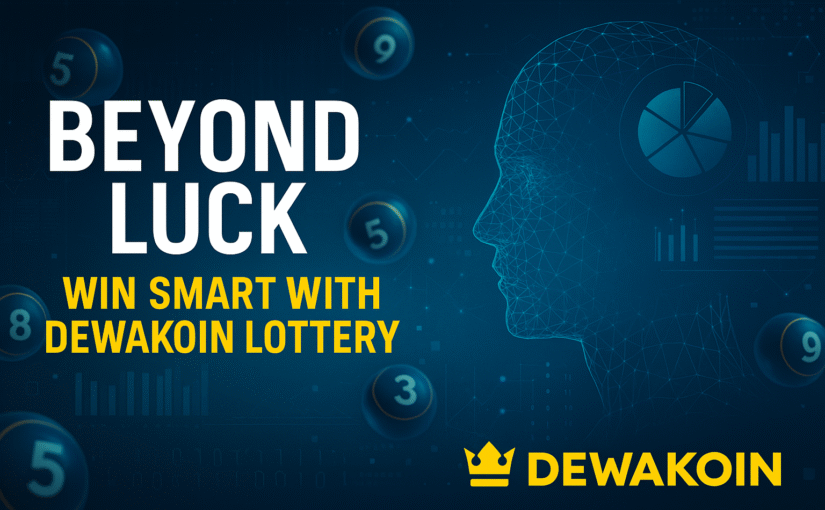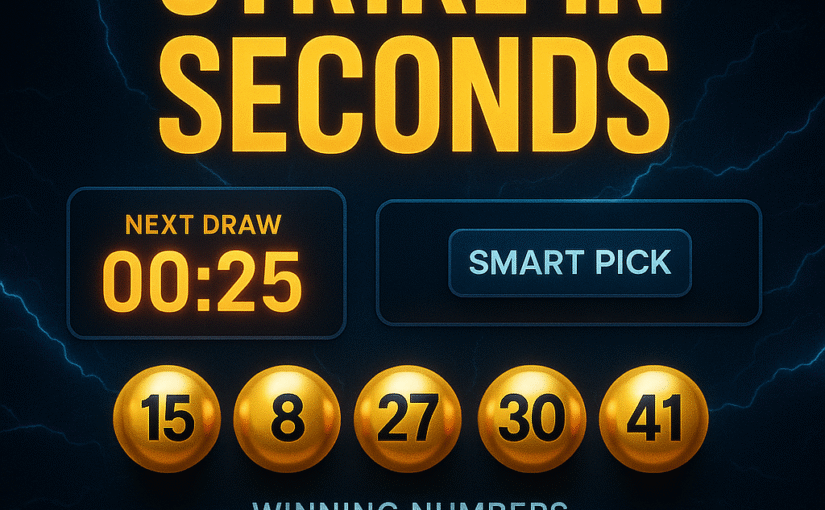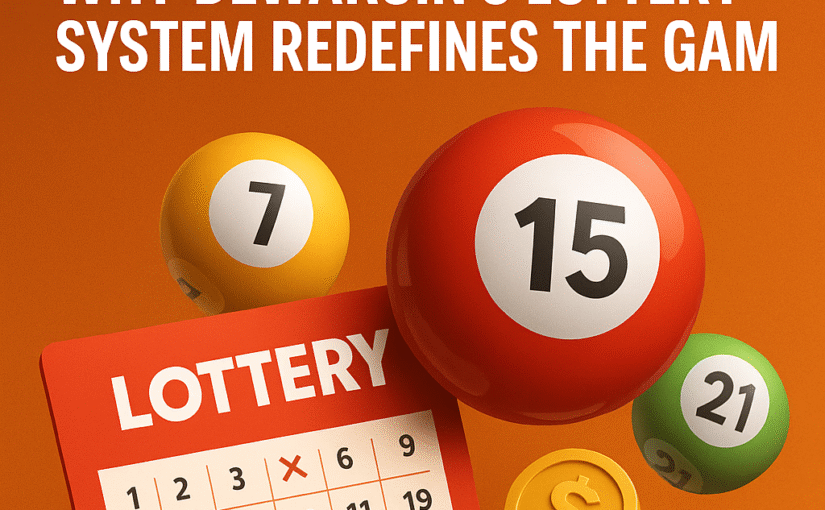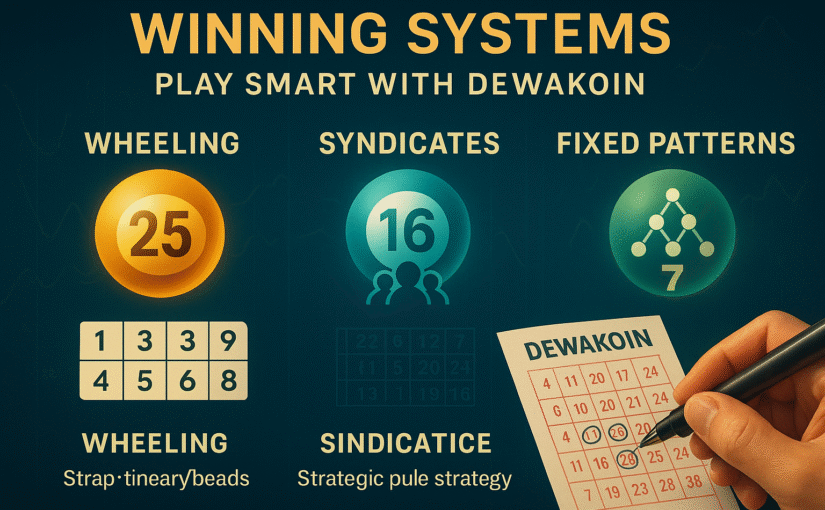At Dewakoin, the lottery is no longer a guessing game.
It’s a tactical pursuit—a game of timing, calculation, and smart decision-making.
We’ve redefined what it means to play the lottery in the digital age. No more scribbled tickets or outdated superstition. Now, every number you choose is backed by data, patterns, and purpose. At Dewakoin, you play with an edge—and that changes everything.
The Dewakoin Difference in Lottery Gaming
What separates Dewakoin from the rest isn’t just access to draws—it’s the experience we build around the numbers.
1. Real Draws, Real Results, Real Fast
All markets on Dewakoin are sourced from authentic, verifiable draws like:
- Singapore Pools
- Hongkong Pools
- Sydney, Cambodia, Japan, and more
No fake numbers. No shady systems. Just clean data and instant result updates.
2. Tools That Put You Ahead
We don’t leave your bets to chance. Dewakoin arms you with:
- Draw history databases
- Trending number reports
- Customizable BBFS systems
- Pattern filters for daily predictions
This is where math meets momentum—and winners are made.
3. Multiple Bet Types for Intelligent Play
Whether you’re a low-risk tactician or a high-stakes hunter, Dewakoin gives you options:
- 2D, 3D, 4D
- Colok Bebas, Colok Jitu
- Shio, Tengah, Kombinasi, Macau
- Full-range BBFS and AMBIL betting
We give you the flexibility. You choose the strategy.
Who’s Winning at Dewakoin?
- Players who track instead of guess.
- Players who test betting models, not myths.
- Players who see patterns in chaos—and capitalize.
Dewakoin is for players who treat lottery like a skill-based game, not a fantasy.
The Security You Deserve, The Speed You Expect
- Encrypted gameplay from start to finish
- Auto-settlement within seconds of result release
- Lightning-fast withdrawals for verified wins
- Support that speaks your language—24/7
No delay. No compromise. No excuses.
Your Numbers Deserve Better
The future of lottery gaming isn’t about blind picks.
It’s about clarity, strategy, and a platform that respects your game.
At Dewakoin, we don’t just give you a place to bet.
We give you the tools to win more, waste less, and outplay the odds.
Choose numbers with power. Play with purpose. Win with Dewakoin.

